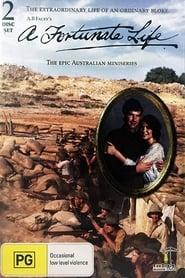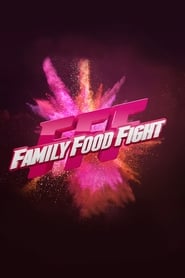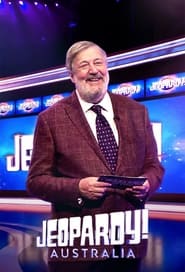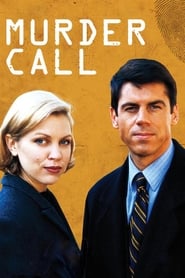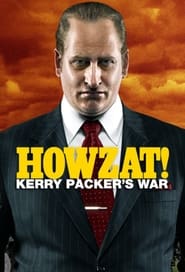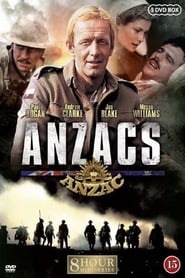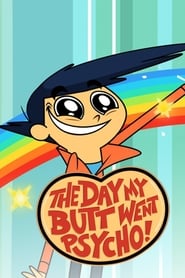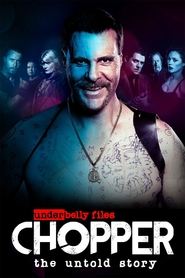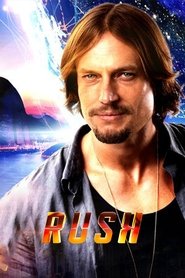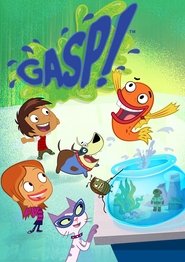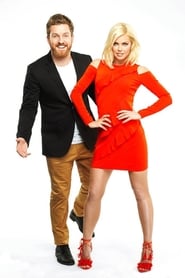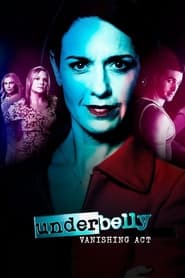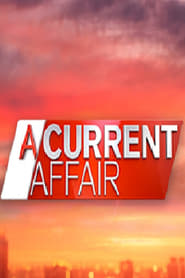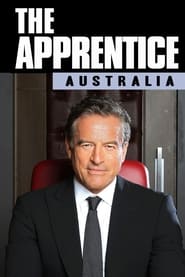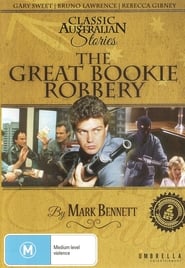Nine Network TV Series - Page 7
-
A Fortunate Life
1986
star 4At eight years old, an impoverished Bert Facey was forced to start the backbreaking, dawn-to-dusk life of a farm labourer. Unschooled, his father dead, abandoned by his mother, by the age of twenty he had survived the rigours of pioneering the harsh Australian bush and the slaughter of the bloody WWI campaign at Gallipoli. -
The Mick Molloy Show
0000
The Mick Molloy Show
0000
The Mick Molloy Show was a television program that appeared on the Nine Network in Australia for just eight weeks during 1999. The host, Mick Molloy, was a widely acclaimed comedian from The Late Show and Martin/Molloy. The program's running time was approximately 1 hour 50 minutes. The show was essentially took a laidback, easy-going chat variety format, with a set comprising a couple of couches, a coffee table and resident band. The regular weekly guest band, featuring acts not normally seen on commercial television, added to the musical interludes. All this was combined with a some pre-recorded sketches, movie reviews, a sport segment, regular guests and local comedians to create a relaxed, urban/warehouse vibe. The lead-in shows were the iconic Hey Hey It's Saturday and The Pretender. The premise of the show was that some mates would gather together on a pair of couches on a Saturday night. It was a variety show, with comedy, and musical performances. At the time The Mick Molloy Show was in pre-production, t -
Family Food Fight
2017
Family Food Fight
2017
Diverse and multi-generational Australian families go head-to-head in high-pressure cooking challenges inspired by real home cooking and family food traditions to win an ultimate prize of $100,000. -
Jeopardy! Australia
2024
star 7Australia's own version of the hit international quiz show, hosted by Stephen Fry. -
Murder Call
1997
star 6Murder Call was an Australian television series, created by Hal McElroy for the Southern Star Entertainment and seen on the Nine Network between 1997 and 2000. The idea to the series was born by the books of Tessa Vance by Jennifer Rowe: Suspect/Deadline and Something Wicked. Both books were integrated as episodes in the TV series. The series dealt with the cases confronted by an unconventional team of homicide detectives, Tessa Vance and Steve Hayden. -
Howzat! Kerry Packer's War
2012
star 5.8Australian media mogul Kerry Packer fought a cricket war by secretly signing up 50 of the world's greatest players to form a breakaway tournament. -
Anzacs
1985
star 6.7Anzacs was a 1985 5-part Australian miniseries set in World War I. The series follows the lives of a group of young Australian men who enlist in the 8th Battalion of the First Australian Imperial Force in 1914, fighting first at Gallipoli in 1915, and then on the Western Front for the remainder of the war. -
The Day My Butt Went Psycho
2018
star 7.4The series, played out as a comedy as opposed to a story-based narrative as the novels were, features Zack Freeman, a junior butt fighter, his butt Deuce and Eleanor Sterne, the daughter of legendary butt fighter Silas Sterne. -
Excess Baggage
2012
Excess Baggage
2012
-
Underbelly Files: Chopper
2018
star 6.7Mark "Chopper" Read established a reputation of infamy by becoming one of the toughest criminals in Australian history. But in order to secure the affections of the woman he loves, Chopper fights to go straight. Yet the sins of his past, his ego and an ongoing feud with Syd Collins will make his hopes of a straight life a dangerous and near-impossible enterprise. Underbelly Files: Chopper explores the collision of Chopper's two competing identities — the myth and the man. -
Rush
2023
star 7Twelve Aussies on an adventure of a lifetime to some of the most exhilarating places on the planet. Dropped into iconic festivals and locations. -
Gasp!
2010
Gasp!
2010
If you like laughs, lunacy and all things illogical, then get ready for Gasp - a little Goldfish with a big heart and BIG imagination. Follow the adventures of pets and a goldfish left home alone. When Ginger and Fred leave the house what do their pets get up to? From singing and dancing cockroaches to Arctic adventures in the freezer, in this house anything can happen and usually does! -
Accidental Heroes
2020
Accidental Heroes
2020
Accidental Heroes is an Australian television series screening on the Nine Network from 2020, hosted by Sophie Monk and Nick Cody. The series features funny moments caught on camera, when ordinary people accidentally end up as internet viral sensations. -
Merrick and Rosso Unplanned
2003
Merrick and Rosso Unplanned was a free-form talk show hosted by Australian comedians Merrick Watts and Tim Ross, based on the UK talk show Baddiel and Skinner Unplanned. Produced by Granada Productions, the series debuted on the Nine Network on 3 September 2003. The show was the network television debut for the comedy duo. A highlight of the series involved comedian Scott Thomson who was dragged on stage to perform a hilarious stand up comedy routine which poked fun at Australian personalities, in particular Nikki Webster and Democrats politician Natasha Stott-Despoja. A telephone number appeared on screen at the end of the segment for viewers to call who had taken offence at Thomson's material. -
The Link Men
1970
The Link Men
1970
The Link Men was an Australian television series shown in 1970. The series was the first drama series made in-house by the Nine Network as part of an attempt to rival the cop shows produced by Crawford Productions such as Homicide and Division 4. The Link Men starred Kevin Miles, Bruce Montague and Tristan Rogers as three detectives working in the city of Sydney. The series was devised and produced by Glyn Davies who had created The Rat Catchers for BBC TV. The director was Australian film director Jonathan Dawson. The show lasted for thirteen episodes. Other actors included Elke Neidhardt. -
Underbelly: Vanishing Act
2022
star 5.8The story of Melissa Caddick, a woman who disappeared after swindling over $40 million from her most trusted clients. -
A Current Affair
1971
star 7A Current Affair is an Australian current affairs program airing weeknights on the Nine Network. The program is currently presented by Tracy Grimshaw. -
The Apprentice Australia
2009
star 7The Apprentice Australia is an Australian reality television series which airs on the Nine Network. It is based on NBC: The Apprentice. It first aired on 28 September 2009 and features Mark Bouris, founder and chairman of Wizard Home Loans and Yellow Brick Road, as the chief executive officer. It is narrated by Andrew Daddo, and the series' winner received a one-year employment contract worth $200,000 at a job managing Bouris' newest business venture, Yellow Brick Road. -
The Violent Earth
1998
The Violent Earth
1998
The Violent Earth is a 1998 French-Australian mini series set in New Caledonia from 1888 to 1977. -
The Great Bookie Robbery
1986
star 7On 21st April 1976, gunmen held up more than 50 members of Melbourne’s venerable Victorian club, escaping with several million dollars in untraceable cash.The robbery had been so brilliantly planned and executed that police were left without a single clue–and so strict was the robbers’ code of silence that not even the underworld was aware of their identities.
